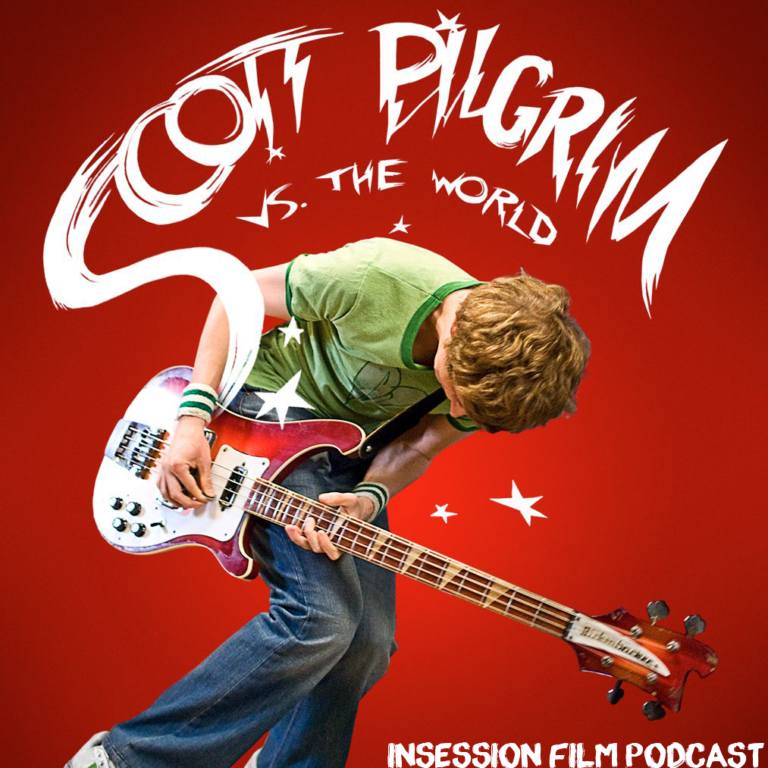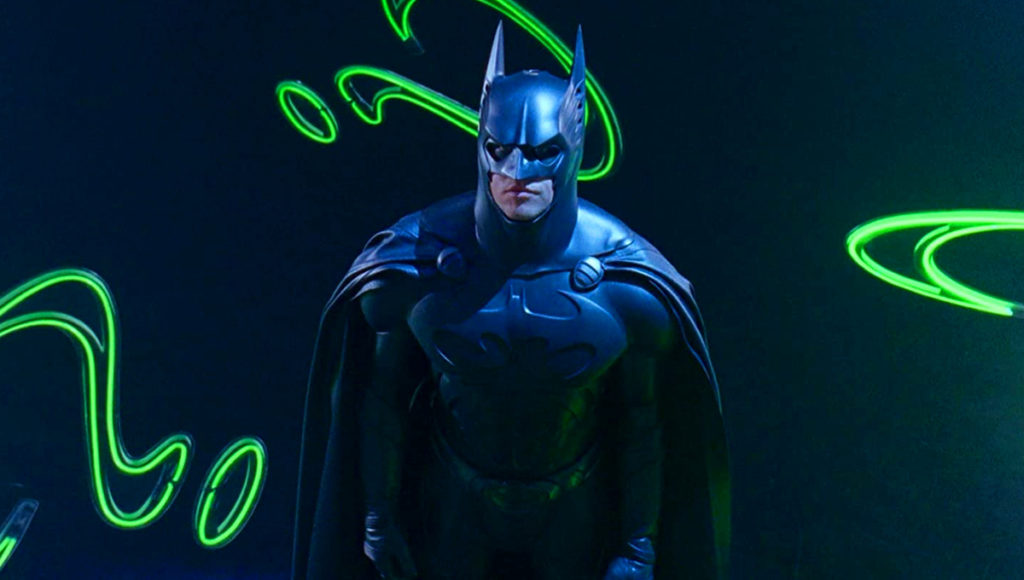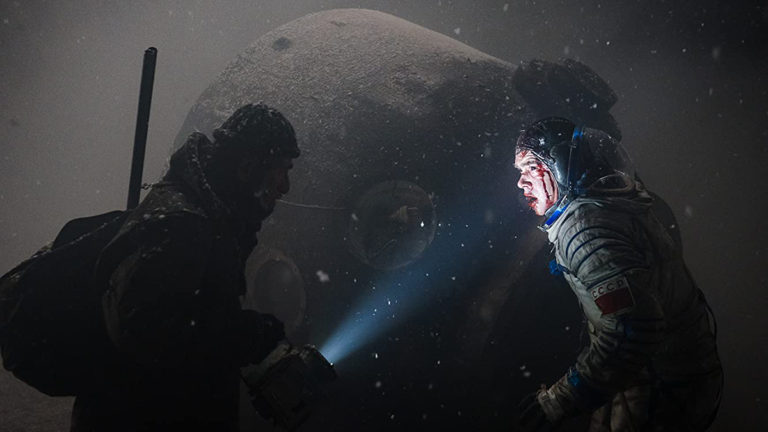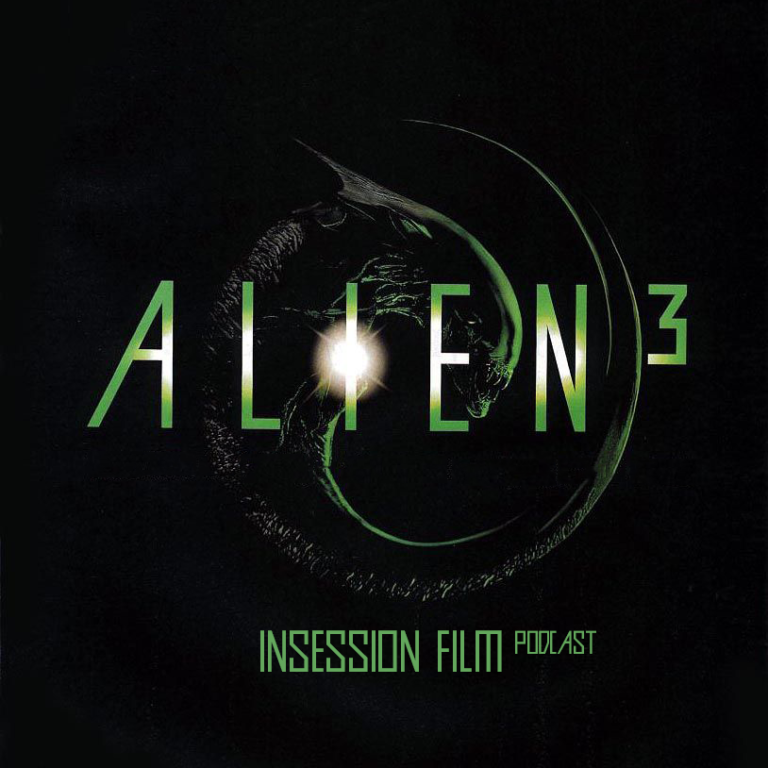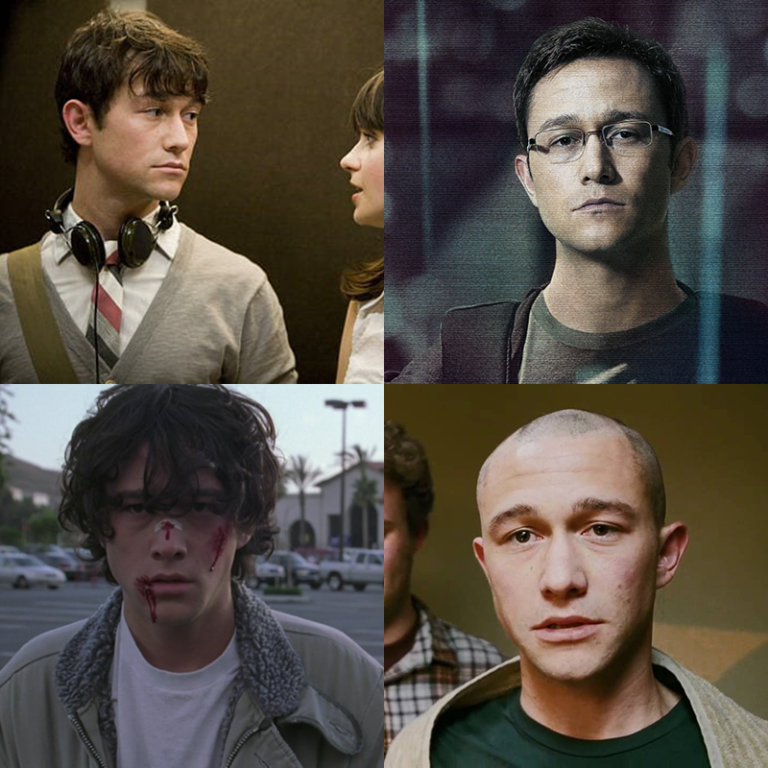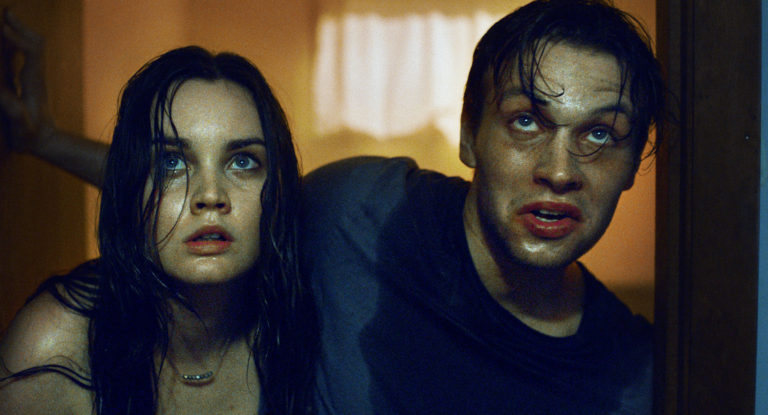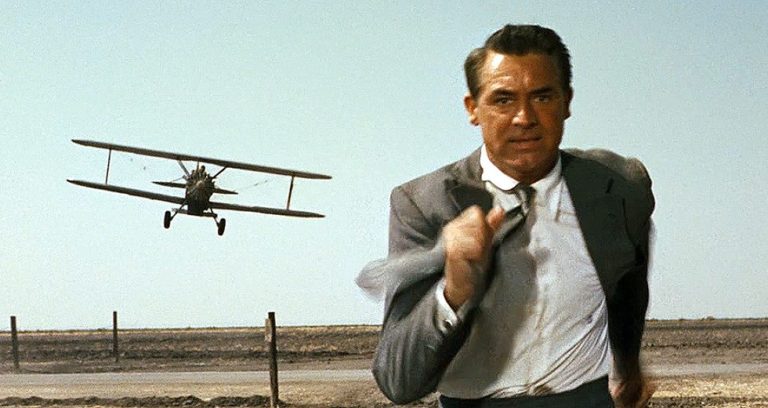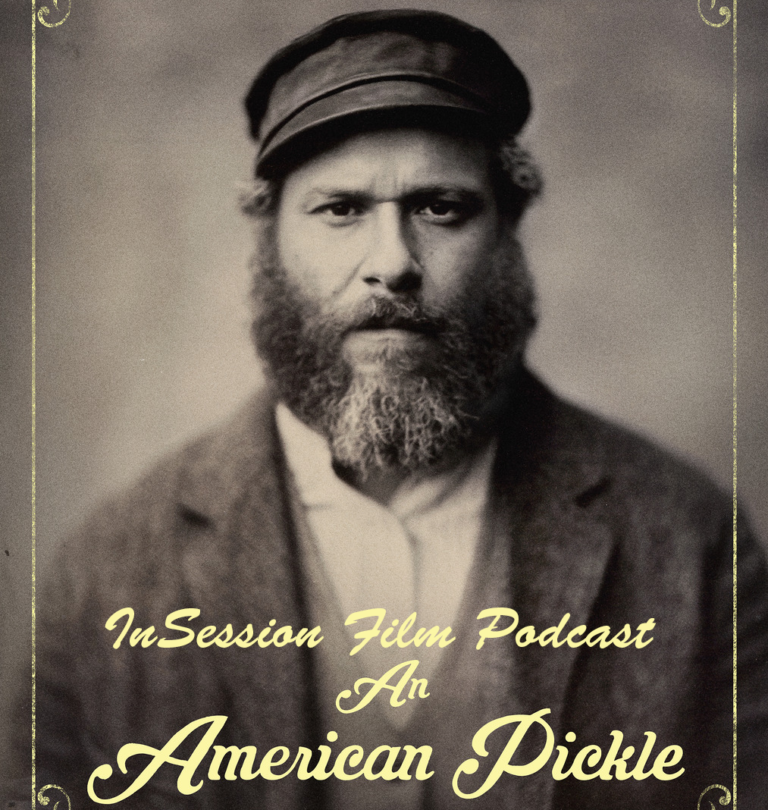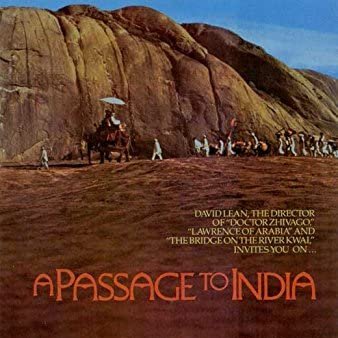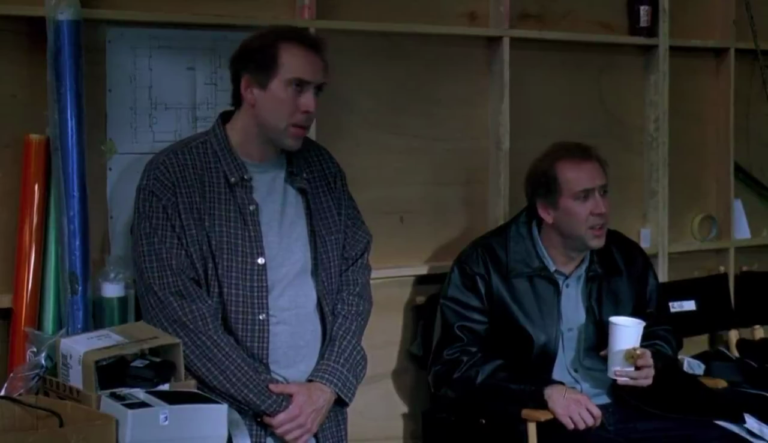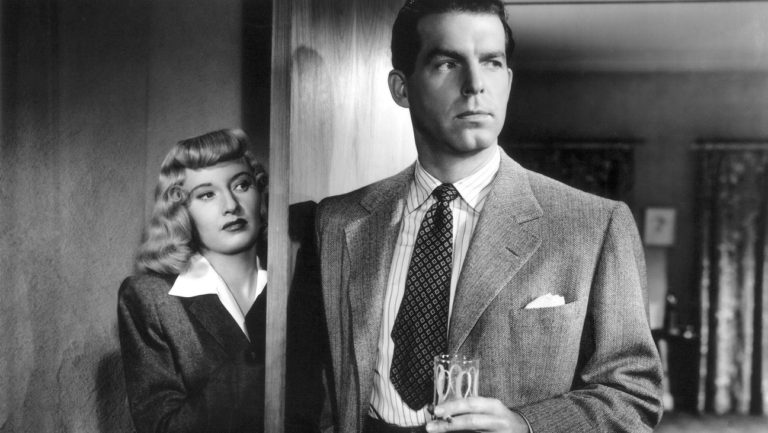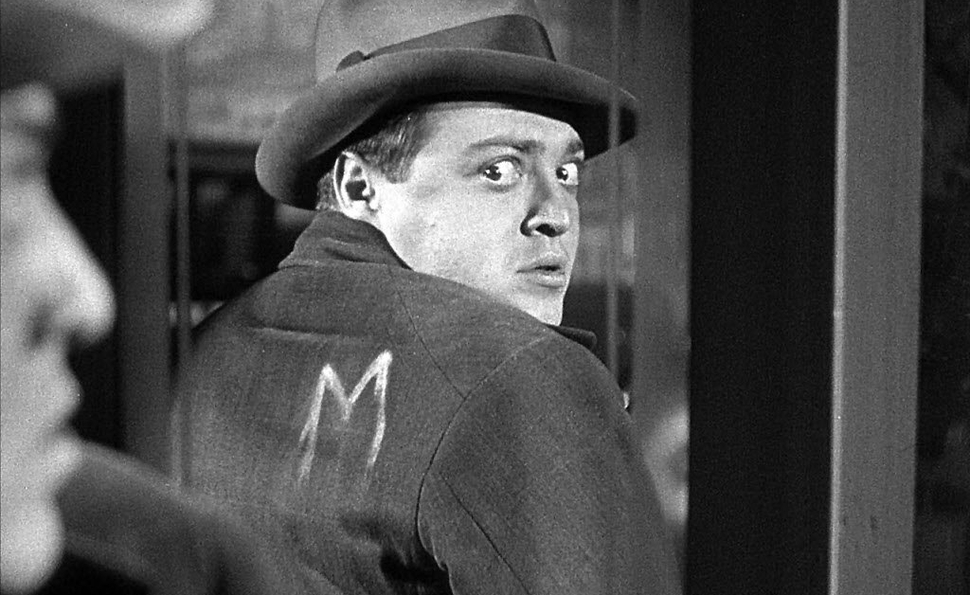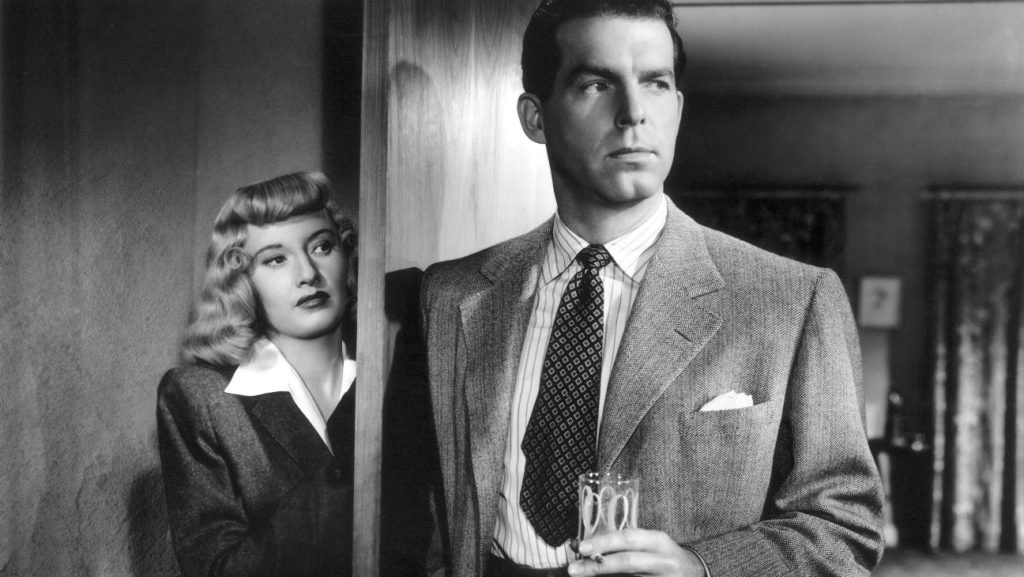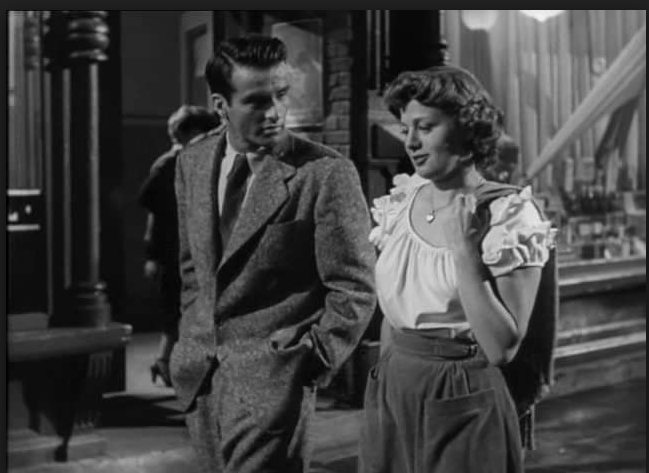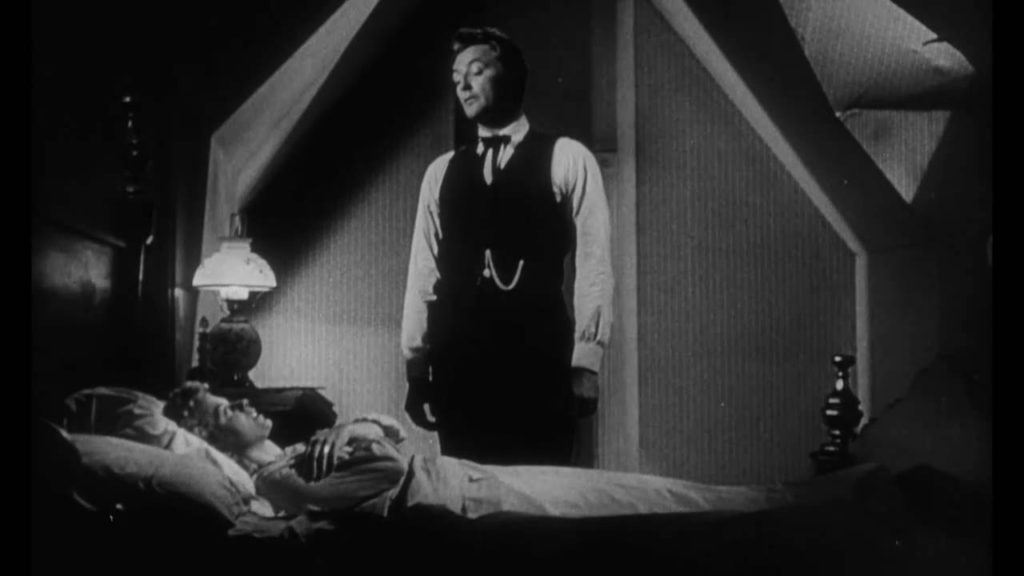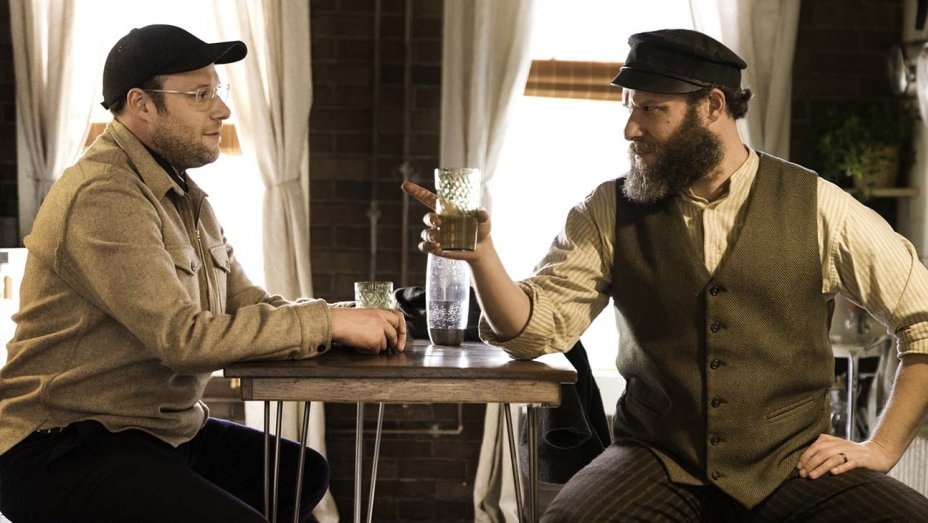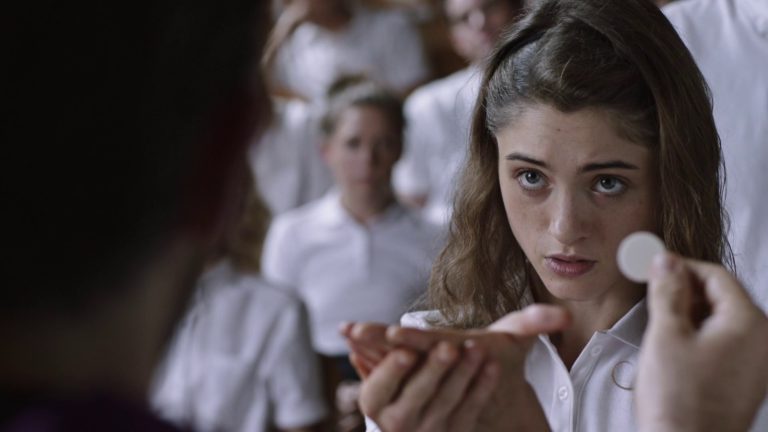Spoilers below for Mamma Mia and Mamma Mia: Here We Go Again!
Before you roll your eyes at this piece, do know that I break down specific details for why I think this movie is one of the laziest films ever made. It’s a complete slap in the face to any lover of the first film. Let’s talk about the train wreck that is Mamma Mia: Here We Go Again!
I saw Mamma Mia in theaters when it came out in 2008 (even on on opening day and over The Dark Knight, which I’ve never regretted), and it became one of my all time favorite musicals in film. It, of course, stars the greatest living actress of all time – our lord and savior Meryl Streep – who was stunning in her performance. Naturally, when the sequel was announced, I was super excited. The teenage boy that was thrilled to see the first one on the big screen was now an overly excited 26-year-old man (at that time). And that excitement carried me a long way…that is until I saw the first trailer which denoted the film as prequel/sequel, which noticeably featured an absent Streep.
As more and more came out about the movie, the trailers, the synopsis, the stills of the cast, etc – it was certain that Donna (Streep) was written off (Exhibit A regarding the script’s indolence). However, I gave it an honest shot and it was unfortunately as bad as expected. Only, it wasn’t just terrible, it was the dictionary definition of lazy filmmaking. It was so frustrating that I came home and re-watched the original to make sure I wasn’t crazy with noticing the issues in the sequel.
To start, let’s focus on Cher’s character of Ruby. Ruby is the grandmother of Amanda Seyfried’s Sophie and mother to Donna, and her presence in the film is quite strange as Donna mentions in Mamma Mia that someone’s got it out for her (while pointing up towards heaven), saying “I bet it’s my mother, wasn’t she a treat when she was alive.”
Umm…hello?! Larry?! Zombie Cher just pops up with no explanation on how she was resurrected. Lazy writing.
Mamma Mia: Here We Go Again! also starts off in prequel mode at Donna’s college graduation in August of 1979. That is noteworthy as the original opens with the “Honey Honey” sequence where Sophie says in Donna’s diary that she met the first of the three possible fathers in July that summer. Whereas the sequel doesn’t have them meet until after graduation and that muddies up the timeline. Also, if Donna gets pregnant at the end of summer in ’79, and therefore has Sophie in 1980, Mamma Mia takes place in 2000 since she’s 20-years-old in the film. The sequel takes place five years after the first and you can clearly see that Sophie have a brand new iPhone X, which did not exist in 2005. So, in addition to the murkiness in the timeline, there’s a lack of awareness to the period in which the film takes place. Lazy writing and production.
In Mamma Mia, Donna recognizes the character of Bill by his Egyptian Eyeball tattoos on his knees. In the sequel they don’t exist. Lazy filmmaking.
In the original, it’s mentioned that Donna took care of a woman on the mainland, who after she died, left her money for the hotel. In the sequel, the hotel is given to her sans any payments by a local island woman who says she can have it if she keeps it up. Lazy writing.
In the original, Donna mentions that when she got pregnant her mother told her to never come back. In the sequel, Donna gets pregnant and has the baby without even telling her mother. Lazy writing.
Now let’s talk location. Mamma Mia was filmed on location in Greece and at Pinewood Studios in London. The sequel was shot in Croatia. Can you at least get a location that looks the same? It’s so blatantly obvious that it’s a different location. The production team didn’t care about continuity at all, except for the staircase. Lazy production.
The plot to Mamma Mia: Here We Go Again! is literally non-existent. The prequel aspect was unnecessary and the sequel component is a jumbled mess of “will anyone show up to my party” and doesn’t involve any type of actual story.
Perhaps the biggest sin of all is that it lacked the spirit and soul of the first film. And you guessed it, it’s the absence of Meryl Streep. Her character died (mysteriously to the audience, as it’s never mentioned how) a year before the sequel takes place and the only time we see her on screen is in the very last scene of the movie where she appears as Donna’s ghost in a chapel. It’s one of the two redeeming qualities of the movie because it actually felt like the first one. The only other time we see Donna is in the end credits concert scene.
It’s disappointing that Streep wasn’t more involved with the sequel. It’s further deflating when you consider Cher, who was given NOTHING to do. If you’ve seen the trailer, you’ve seen her entire part. She shows up, gets out of her helicopter, crashes the party, sings Fernando, that’s it. She’s had three very small scenes. It was a wasted opportunity.
The only other redeeming qualities about Mamma Mia: Here We Go Again! are the characters of Tanya and Rosie in both current and past forms. Why? Because they are funny and it reminds you of the chemistry of the first film with Donna.
Seriously, no one mentioned to Ol Parker, the writer and director Mamma Mia: Here We Go Again!, any of the issues mentioned above? No one? Meryl? Tom Hanks or Rita Wilson as executive producers? Any member of Abba? Any cast member? No one?! I find that hard to believe and it’s frustrating because Parker tried to con the audience who loved the first film. And did so in a negligent way that comes off as arrogant and apathetic. It’s almost like the producers got together and said “once everyone’s schedule clears to do this, just do something, we don’t care what or if it makes sense.”
Not to mention the soundtrack and using the B side songs of Abba. All the songs in the film are one’s everyone forgot except “Waterloo” and “Fernando.” In fact “Waterloo,” “Dancing Queen,” “Super Trooper,” and “Mamma Mia” are all recycled from the first film and only “Fernando” is used originally here.
What a wast of talent, story, music, decade-long anticipation, everything.
As a fan of the stage play and the original movie, Mamma Mia: Here We Go Again! is a big slap in the face. It may not be the worst film ever made, but it is quite bad and it absolutely baffles me that anyone would have a positive thing to say about this heap of junk. But then again, there are people who like the movie CATS so anything is possible. If you haven’t seen Mamma Mia: Here We Go Again!, don’t waste your money on it. Just skip it and see the vastly superior Mamma Mia instead. And please, for the love of all of us, DO NOT MAKE A THIRD MOVIE. The producers clearly aren’t responsible enough to make a good sequel.



